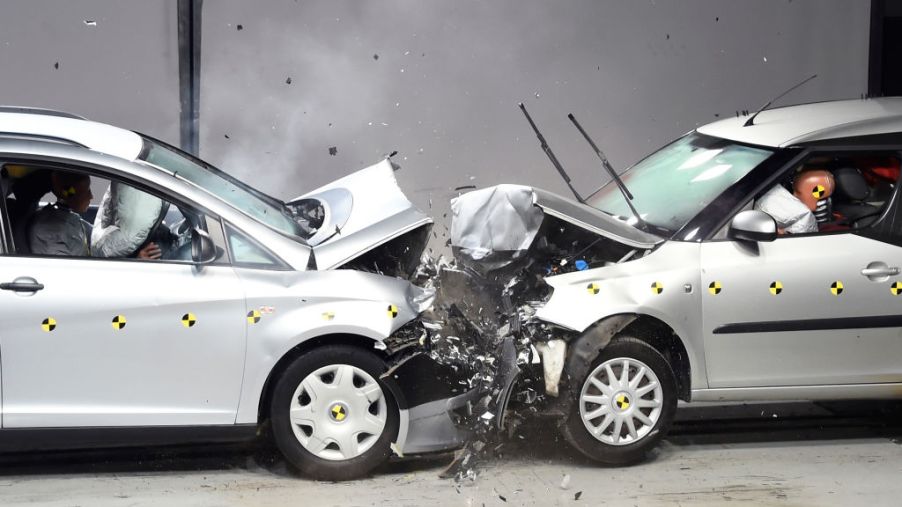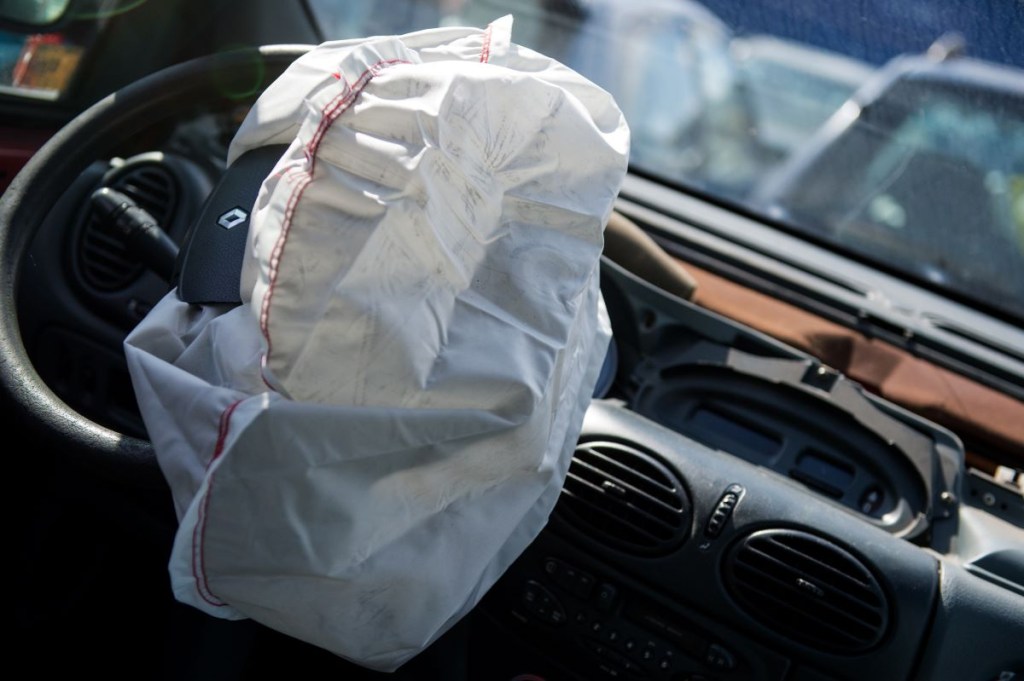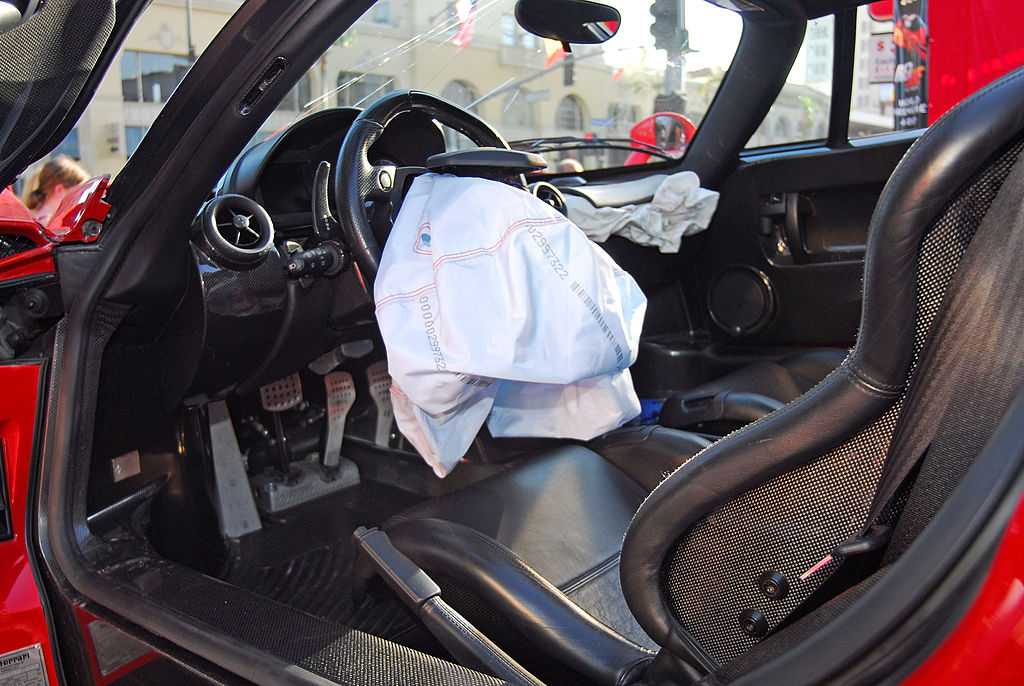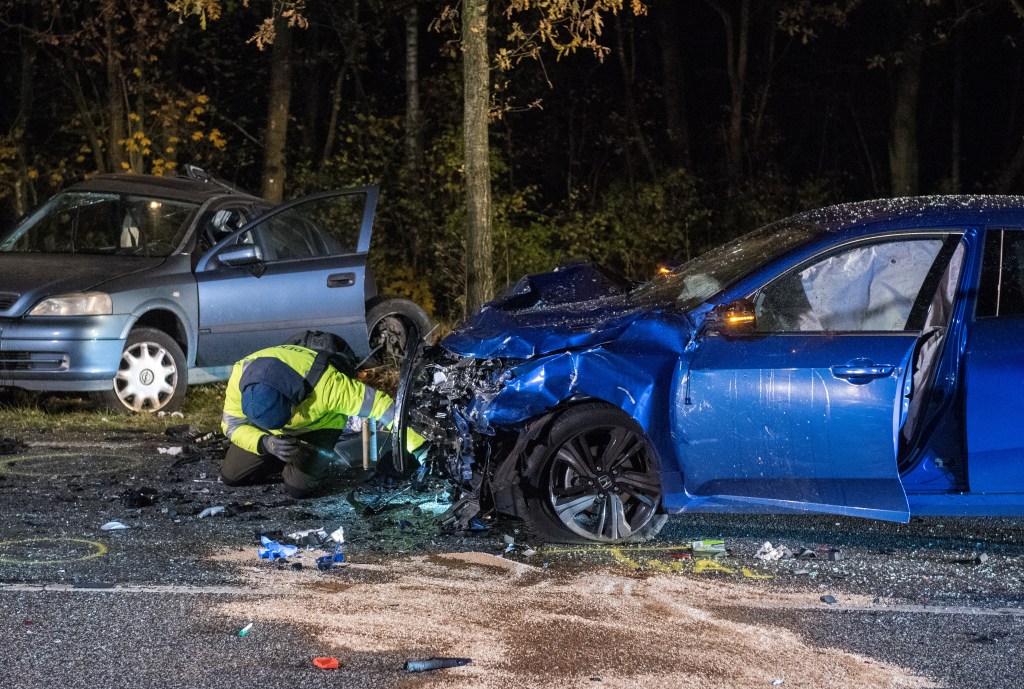
15 Million Vehicles Involved In ZF Airbag Lawsuit
A huge lawsuit has been filed alleging that ZF airbags and seatbelts can fail to work in an accident. It says that the ZF TRW airbag control units do not activate the sequence to fire off the airbags and tighten the seat belts. The massive lawsuit not only involves ZF but takes in Kia, Hyundai, Hyundai MOBIS, Fiat Chrysler, Toyota, Honda, Mitsubishi, and STMicro.
The ZF airbag control units or ACUs receive thousands of signals every minute from crash sensors. The sensors are located around the vehicle. If the sensors detect a crash is about to happen they send the signal to the ACU. Then the ACU sends the signal to the airbags to fire off and for the seat belts to tighten.
The lawsuit alleges ZF ACUs are defective and don’t deploy the airbag system

So what the lawsuit alleges is that the ZF ACUs are defective and don’t deploy the system when receiving the signal to initiate the airbags. ZF makes the ACUs but STMicro makes the integrated circuit microchip specifically for the ACU. The microchip is the trigger that once it receives the crash signal is supposed to switch the airbags on and seat belts to tighten.
Drilling down further, the plaintiffs contend that bursts of electricity overstress the control unit so it can’t work. The signal to activate the system involves a large burst or bursts of electricity. So in effect, the electrical signal to deploy the airbags defeats the ACU. The plaintiffs allege that ZF TRW has known about the defective ACUs for over 10 years. Rather than correct the problem the lawsuit claims ZF TRW conspired to conceal the defective ACUs.
The NHTSA began an investigation into the ZF airbag failures

Last year the National Highway Traffic Safety Administration began an investigation into the ZF airbag failures. That investigation takes in over 12 million vehicles and continues according to CarComplaints. The investigation was triggered by a federal investigation into a crash that killed four people and injured an additional six. The accident focused on the 2011 Hyundai Sonata and 2012-2013 Kia Forte with the deaths attributed to airbag failures. This investigation began in 2018.
Some of the manufacturers that are named in the lawsuit have already issued recalls over the ZF TRW control units. Chrysler has recalled almost 2 million vehicles after three people were killed in an accident where the airbags did not deploy. In 2018 Hyundai recalled over 150,000 2011 Sonatas because electrical shorts inside of the ZF ACUs failed to deploy in three separate accidents.
After the first Hyundai recall an additional 580,000 Sonatas were also recalled

After the first Hyundai recall an additional 580,000 Sonatas were also recalled. Kia followed with their own recall of over 500,000 Forte, Optima, and Sedona vehicles for airbag failures. The lawsuit alleges that an additional nine million vehicles should have also been recalled.
So, this ACU issue has already involved millions of cars being recalled and has the potential to force millions more to be as well.



